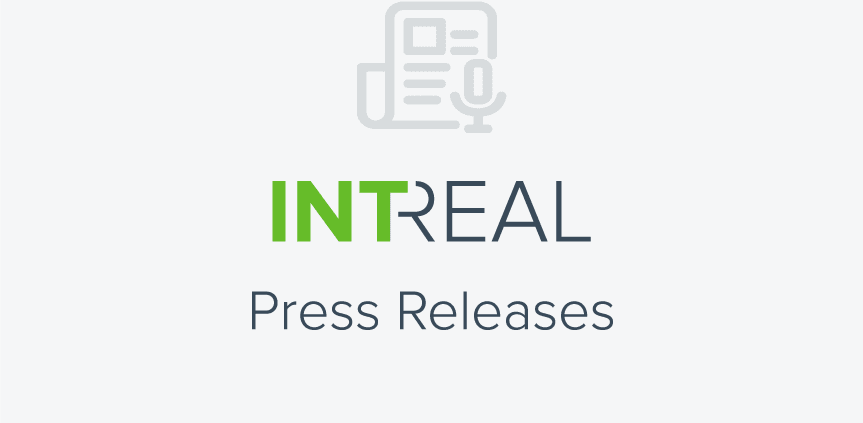ESG for Real Estate Funds:
MiFID Amendment Creates New Hurdles for Fund Share Sales
15. Jun 2022
Starting 2 August 2022, the sustainability topic in its three dimensions environmental, social and governance (ESG) will have to become an integral part of fund share sales. As of this key date, the next amendment of the EU Markets in Financial Instruments Directive (MiFID) will enter into force. The new requirements specify essentially that investors should be asked for their ESG preferences, and should subsequently be offered only products that actually meet their sustainability preferences.
These changes affect investment funds that have so far been labelled as Article 8 funds and Article 9 funds. Hannah Dellemann, the ESG Officer at INTREAL, commented: “The trouble with the MiFID amendment is that the new requirements are not aligned with the existing ESG regulation. This means, for example, that existing Article 8 funds would have to be upgraded to become Article 8 Plus funds if they are supposed to remain eligible for sale as sustainable investment vehicles under the new MiFID regime. For fund providers, it implies considerable extra effort.”
In the real estate sector, the new rules affect investment funds of every type – including public funds, institutional funds, open-ended and closed-end vehicles.
In the future, sales organisations will have to assign investors to one of the following four categories according to their sustainability preferences: One, the investor does not wish to take sustainability aspects into account. Two, the investor is content to have the most important adverse impacts on sustainability factors—the so-called principal adverse impacts (PAI)—taken into account. Three, the client specifies that a minimum proportion should be invested in sustainable investments within the meaning of the Sustainable Finance Disclosure Regulation (SFDR); or four, the client defines a minimum proportion that should be invested in
environmentally sustainable investments within the meaning of the Taxonomy Regulation.
Dellemann commented the system: “The four categories are rather hazy and difficult to comprehend, especially for private investors.”
PRODUCT PROVIDERS TO MAKE MORE DETAILS AVAILABLE TO THE SALES ORGANISATION
What exactly are fund providers expected to do? Michael Schneider, Managing Director at INTREAL, commented: “It is now up to the product end to respond, because providers must explain to their sales organisation how their products match the various categories. The reason they are having a hard time navigating the new criteria is that it remains unclear how, for instance, an Article 8 fund already approved with its specific ESG targets matches the new target market categories. As a result, most product providers have begun to add the adverse impacts that a given fund will have on the sustainable development goals to their fund documentation.”
In practical terms, this means that certain information will indeed have to be integrated into the fund’s documentation. The documentation should detail the adverse impacts that the respective fund will have on the sustainable development goals. In the case of real estate funds, this could be properties with a low energy-efficiency, for example. In addition, the documentation should describe how the impacts are to be taken into account or how the asset manager intends to mitigate them – for instance by replacing the heating system or by undertaking refurbishment measures. All of these details will also have to be added to the so-called Article 10 statement on the providers homepages. Downstream consequences include regular reporting on the adverse impacts, and their mitigation, in the annual reports of the investment fund.
Download press release as PDF.
MiFID Amendment Creates New Hurdles for Fund Share Sales

